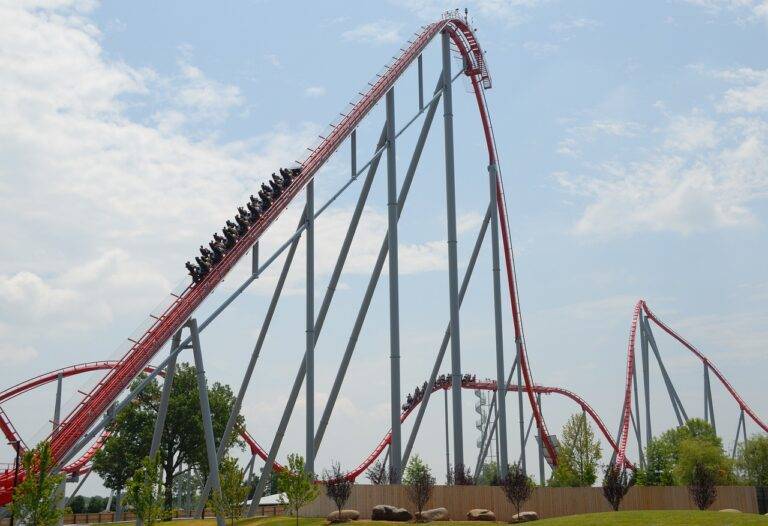The Influence of Social Media Campaigns on TV Show Ratings
Social media has undeniably transformed the landscape of TV show promotion in recent years. With platforms like Twitter, Instagram, and Facebook becoming integral to marketing strategies, TV networks and production companies are leveraging the power of social media to engage with audiences like never before. The ability to create buzz, share exclusive content, and interact directly with fans has become a game-changer in building anticipation and driving viewership for upcoming shows.
The rise of social media has also given rise to a new era of instant feedback and real-time conversations between viewers and content creators. Television shows now have the opportunity to receive immediate reactions to episodes, characters, plot twists, and more, allowing them to gauge audience sentiment and tailor their content accordingly. This level of engagement not only fosters a sense of community among fans but also provides valuable insights for producers and networks to adapt to audience preferences and trends swiftly.
The Impact of Social Media Buzz on Viewership
In the era of digital connectivity, social media has undeniably emerged as a powerful tool for generating buzz around TV shows. Platforms like Twitter, Facebook, and Instagram allow fans to engage in real-time conversations, share their excitement, and build communities around their favorite shows. This heightened level of engagement not only creates a sense of involvement and anticipation but also acts as a catalyst for increasing viewership.
The impact of social media buzz on viewership is evident in the way that it can drive interest and curiosity among both existing fans and potential viewers. When a show garners significant attention on social platforms, it tends to create a domino effect, drawing more eyes to tune in and become part of the discussion. This buzz acts as a form of free advertising, spreading awareness and enticing viewers to give the show a chance, ultimately contributing to a higher viewership and ratings.
Analyzing the Relationship Between Social Media Engagement and TV Ratings
Social media engagement has become a crucial tool for television networks in boosting their show ratings. The active participation of viewers on platforms like Twitter, Facebook, and Instagram can generate a significant amount of buzz around a TV show, creating a sense of anticipation and excitement among the audience. As viewers share their thoughts, reactions, and recommendations online, they contribute to the overall promotion of the show, attracting more viewers to tune in.
The correlation between social media engagement and TV ratings has been increasingly evident in recent years. Shows that generate high levels of buzz on social media tend to see a positive impact on their viewership numbers. This connection highlights the influence of social media platforms in driving audience engagement and interest in television programming. By analyzing the relationship between social media activity and TV ratings, networks can gain valuable insights into viewer preferences and behaviors, enabling them to optimize their promotional strategies for maximum impact.
How does social media play a role in promoting TV shows?
Social media has become a powerful tool for TV show promotion, allowing networks and studios to engage directly with audiences, create buzz, and build anticipation for upcoming episodes.
Can social media buzz impact TV viewership?
Yes, studies have shown that increased social media buzz around a TV show can lead to higher viewership numbers. Fans sharing their excitement and discussing the show online can attract new viewers and keep existing ones engaged.
Is there a relationship between social media engagement and TV ratings?
Yes, there is often a correlation between social media engagement (such as likes, shares, comments, and hashtags) and TV ratings. Shows that generate a lot of buzz on social media platforms tend to have higher ratings, as fans are more likely to tune in to see what everyone is talking about.
How can TV networks leverage social media to increase their ratings?
TV networks can leverage social media by actively engaging with fans, promoting upcoming episodes, sharing behind-the-scenes content, and running interactive campaigns that encourage viewers to participate and share their experiences online. This can help build a loyal fan base and drive viewership.





